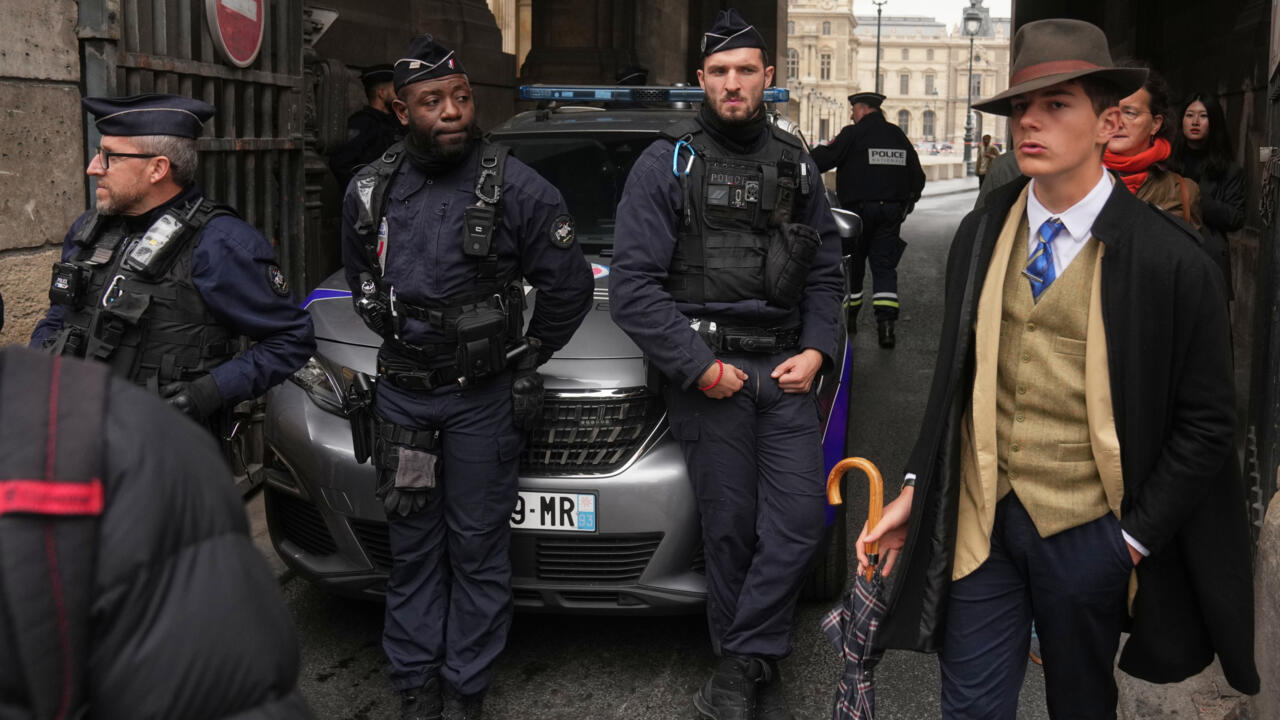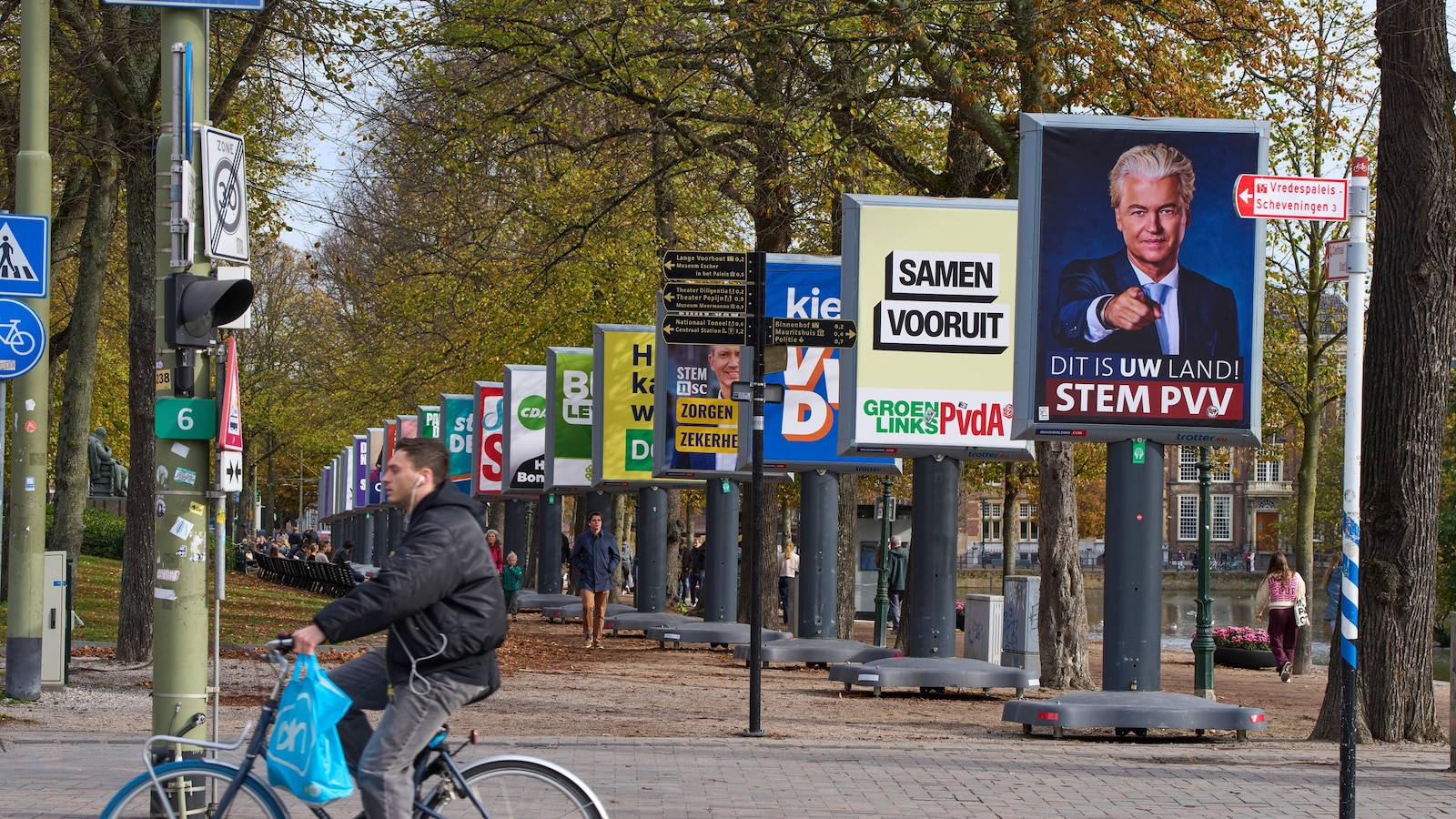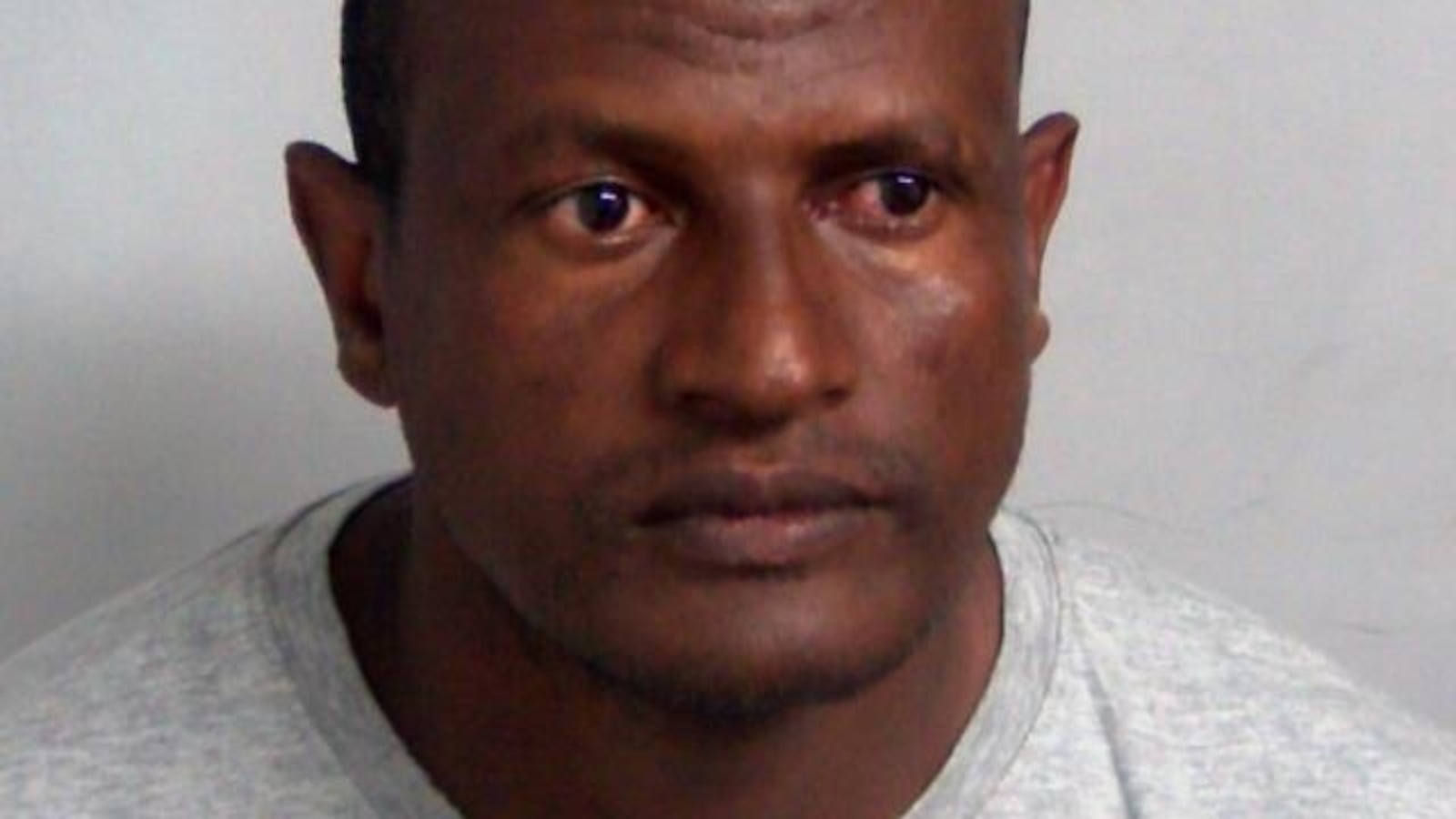Each COP summit picks a primary theme for the talks to focus on; at COP28 in the United Arab Emirates in 2023, the contentious subject was fossil fuels. After hours of heated debate, the attendees – including representatives of all UN member states – finally reached an agreement calling for “reducing” the use of oil and coal after dropping an initial pledge to “phase out” their use.
The following year, the COP29 in Baku, Azerbaijan, was billed as the “finance” conference and ended with a promise to provide $300 billion per year (about €257 billion) by 2035 to help countries in the Global South tackle climate change.
But no overriding theme has emerged ahead of the COP30. “No single major issue is likely to dominate the debates and negotiations this year. On the contrary, a myriad of very diverse topics will be on the agenda,” says Gaïa Febvre, head of international policy at the Climate Action Network NGO.
Taking stock, 10 years after Paris
COP30 will also provide an opportunity to take stock 10 years after the landmark Paris Agreement of 2015.
Under the accord, each country pledged to submit a climate roadmap every five years detailing its strategy for reducing greenhouse gas emissions.
The collective goal is to keep global warming below the critical threshold of 1.5°C above pre-industrial levels.
Read moreRecord annual rise in atmospheric CO2 levels alarms UN climate body
While these emission-reduction roadmaps – or Nationally Determined Contributions (NDCs) – were due by the end of September, many countries have yet to submit theirs. The European Union, for example, is deeply divided on the issue and is not expected to submit its contribution until November 4, just a few days before the summit begins.
As for the conscientious countries who submitted their NDCs on time, even their efforts have fallen short. By mid-October, only Norway and the United Kingdom had submitted NDCs that complied with the Paris Agreement.
Conversely, China submitted a roadmap that fell well short of expectations, with a target of cutting its greenhouse gas emissions by a very modest 7 to 10 percent by 2035
“We are under no illusions. When these NDCs are reviewed, this COP will conclude that we are not in line with the Paris Agreement,” Febvre says.
"The big challenge in Belem will therefore be to see how countries respond collectively and politically to this gap in ambitions.”
In other words, how do world leaders intend to bridge the gap between their current pledges and the need to limit global warming to below 1.5°C?
Despite everything, Febvre notes, “the Paris Agreement is working. Before, we were on track for around +4°C. Since 2015, the curve has flattened and we are now heading for warming of between +2.6° and +2.8°C,” she says.
“But that's not enough to keep our planet habitable. Staying on this trajectory cannot be a viable political strategy.”
Read more‘Overshoot’: As planet crosses 1.5°C global warming limit, can we still reverse course?
Establishing a roadmap from ‘Baku to Belem’
Providing financial support for developing countries will be back at the centre of discussions. “COP30 will also be a COP on finance, continuing on from Baku,” says Lorelei Limousin, climate campaigner at Greenpeace.
In Baku, developed countries promised to pay at least $300 billion per year by 2035 to vulnerable nations to help them adapt to the effects of climate change and begin their energy transition. But the agreement was quickly deemed inadequate. The countries concerned were demanding four times the sums proposed and, above all, complained that the terms for implementing the plan were too vague.
Indeed, a year later, uncertainties remain. “We don't know who is going to finance what. Whether it will be public or private funding, whether it will be allocated to mitigation, adaptation, or losses and damages related to climate change. Everything is still very unclear,” says Limousin.
“We now need a real, concrete action plan to move forward,” she adds.
The effort to scale up financing for developing countries – to at least $1.3 trillion per year by 2035 – has been dubbed “From Baku to Belem” at COP30.
At the same time, discussions will focus on private sources of funding that could supplement the billions that have been pledged. Among the options being considered are “solidarity taxes” on stock and bond transactions, on emissions from fossil fuels or on airline tickets.
However, Limousin warns that private funding is unlikely to make up the shortfall. “We cannot rely solely on private finance, because its purpose is to generate money, not save the climate.”
"Especially since we know where to find the money. By taxing the profits of fossil fuel industries, we could generate €400 billion per year to be repaid in public funding to countries in the Global South,” she says. “This idea has been discussed for several years. It is time for COP30 to send a strong message: The fossil fuel industry must pay for the climate damage it causes."
Protecting the forests
Belem, a port city and gateway to the Amazon River, is an ideal venue for Brazil’s President Luiz Inacio Lula da Silva to shine a spotlight on Brazil's forests while pushing for the creation of a new fund to combat deforestation, the Tropical Forests Forever Facility.
"The fund would aim to raise $125 billion, which would then be invested in the financial markets. The profits would be paid back to countries with tropical forests in the Amazon, the Congo Basin and Southeast Asia," says Clément Helary, forest campaigner at Greenpeace. Brazil has already announced that it will contribute $1 billion, as have China and the United Arab Emirates.
“This is presented as a comprehensive solution to combat forest deforestation and as a means of providing direct funding to indigenous peoples,” says Helary. “But there are still many issues to be discussed. Safeguards are needed on how this money will be reinvested. For example, investments in mining or agribusiness, which contribute to deforestation, must be excluded.”
The need for action is real. In 2014, an alliance of governments, companies, indigenous peoples and NGOs pledged to halt natural forest loss by 2030 as signatories of the New York Declaration on Forests.
The goal to curb deforestation was reaffirmed in Glasgow at COP26 in 2021, but the initiative is now stalling.
In 2024, 8.1 million hectares of forest were lost, according to a study coordinated by the NGO Climate Focus. Primary tropical forests, which are rich in biodiversity and crucial in absorbing and storing carbon, were the most affected, with 6.7 million hectares lost.
Making this COP a ‘COP of the people’
After three previous COPs held in authoritarian countries – Egypt, the United Arab Emirates and Azerbaijan – and events disrupted by the Covid-19 pandemic, the 2025 climate summit must truly be “a COP of the people”, says Fanny Petitbon, France manager of the 350.org renewable energy NGO.
“Belem must be seen as a gateway where the general public can reclaim its freedom of expression,” she says. “This is an opportunity to boost a strong citizen movement and give a voice back to those most vulnerable to the impacts of global warming, particularly indigenous peoples, the poorest populations and women.”
With this in mind, a concurrent “people's summit” is being organised from November 12-16, with the aim of calling for greater consideration of indigenous peoples’ needs and know-how in the negotiations. There is a walk through the city scheduled for November 15 aimed at mobilising civil society in favour of action on climate change.
Read more🌟The Bright Side: Brazil's Indigenous filmmakers showcase fight for rights
“But it's not just about reclaiming outdoor spaces at the COP,” says Petitbon. For the past year, a coalition of indigenous peoples called “The Answer is Us”, with representatives from across Latin America, has been campaigning to be included in the official negotiating spaces. “They want to be represented in the debates and working groups, and have a voice on an equal footing with the national delegations. They no longer want to be there as mere observers,” says Petitbon.
“It's not about holding a COP for indigenous peoples, but a COP with them,” she concludes.
This article has been translated from the original in French.











 English (US) ·
English (US) ·